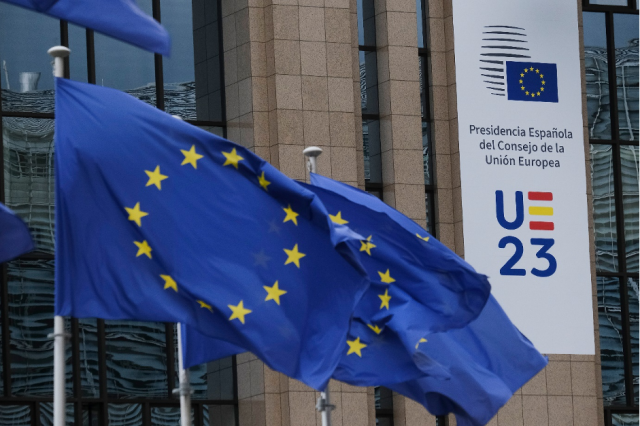
When Spanish Prime Minister Pedro Sánchez called the snap general elections on the 29th of May, he claimed he was motivated by a desire to bring stability to Spain following the Socialist Parties’ (PSOE, S&D) negative regional and local election results. Sánchez thought necessary to have “a clarification of the will of the Spanish people” about “the policies that should be implemented by the Government and about the political parties that should lead”.
However, the election results have led to very much the opposite scenario, with a fragmented Congress of Deputies lacking clear parliamentary majorities. Although the right-wing bloc won the elections by votes and seats, they lack a sufficient majority to be able to govern.
And, although Sánchez’s left-wing bloc could stay in power with the support of the separatist parties, it will likely require unpalatable concessions from Madrid, that may only come after months of protracted and intense negotiations.
In the event that the government formation negotiations fail, Spain could well head into a repeat election in November or December.
Therefore, these results will only yield political uncertainty and instability in the coming months. These results come at a particularly bad time for Spain. The country currently holds the 6-month rotating Presidency of the Council of the EU (from July until the end of December). The uncertainty and instability will inevitably permeate the Spanish Presidency.
Unfortunately for Spain (and the EU), in light of the Spanish election results, much of the Spanish Presidency will coincide with the complex and protracted process of government formation. The Presidency of the Council requires significant capital, as the Member State holding the Presidency has the responsibility of planning and chairing meetings in the Council and its preparatory bodies, and ensuring the smooth running of the legislative process, facilitating dialogue and consensus, and representing the Council in relations with other EU institutions.
During the Spanish Presidency, Sánchez’s cabinet will be a caretaker government with constrained powers, and since Sánchez will also be absorbed in the government formation process, he and his Government will be forced to spend much of their political capital in the domestic sphere rather than in Brussels.
There are many important issues on the agenda, including legislative files in the sphere of energy and agricultural policy that are still pending the adoption of the Council’s position at first reading, or the conclusion of first reading agreement. In the realm of energy, this includes amendments to the Renewable Energy, Energy Performance of Buildings and Energy Efficiency Directives, the Industrial Emissions Directive, a proposed Regulation on methane emissions reduction in the energy sector, a proposed Regulations on sustainable maritime fuels and sustainable aviation fuels, and of course, the important proposed Regulation reforming the EU electricity market, on which we have written extensively.
Furthermore, two of the overarching priorities of the Spanish Presidency are to “reindustrialise the EU” and “advance in the green transition”. In this regard, the Spanish Presidency committed to promote measures like the aforementioned electricity market reform to “accelerate the deployment of renewable energies, the reduction of electricity prices, and the improvement of the system’s stability”, as well as the acceleration of the legislative files related to Fit for 55 and energy efficiency regulations.
In the sphere of agriculture, the Spanish Presidency had promised that, as part of ensuring the EU’s “open strategic autonomy”, it would “foster the development of strategic industries” and the “strengthening of our supply chains” to reverse the EU’s “excessive dependence on third countries” for goods including food.
Important legislative files that are currently pending first reading in the Council in the area of agriculture are the proposed Regulation to give Member States the possibility to restrict or prohibit the use of genetically modified food and feed on their territory, a proposed Regulation on Geographical Indications for wine, spirit drinks and agricultural products, or the infamous Nature Restoration Law approved by the Parliament recently.
Furthermore, Member States will continue to have to reach important and timely decisions on aid for farmers, such as the 330 million euro package approved at the end of June to support farmers affected by adverse climate events, or the 100 million euro package for Central and Eastern Member States’ farmers who have been disrupted by Ukrainian agrifood exports. These 2 aid packages have been important, but the conditions that gave rise to their necessity will likely persist, and Spain may find it hard to exercise leadership to secure future packages that may be necessary for national agricultural sectors like Spain’s that have been ravaged by droughts.
However, Spain’s unstable and uncertain domestic landscape might in turn divert its focus away from the EU, and prevent the country from carrying out its role as the Presidency in an effective manner. The current caretaker status of Sánchez’s Government, and the uncertainty and instability that surrounds the government formation process, will constrain Spain’s ability to exercise effective leadership on the European stage to secure deals on the important legislative files on the agenda.



 Subscribe
Subscribe